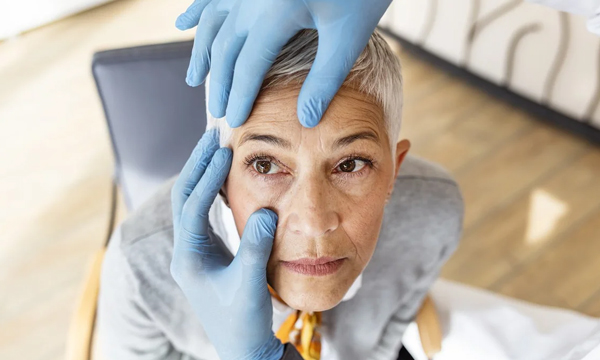
At Amazing Eye Care, our optometrist has completed internship training and worked closely with cataract surgeons to provide the highest level of co-management for cataracts. Our optometrist is skilled at detecting early signs of cataracts, allowing for monitoring and slowing down their progression. Additionally, our optometrist can determine if your cataracts have reached a stage that requires surgery.
If you have been diagnosed with cataracts, you may be concerned about the possibility of needing surgery soon. However, there are several preventive measures you can take to slow down the progression of cataracts and preserve your vision. While surgery may eventually be necessary, these steps can help delay the need for it for a significant period of time.
Guard your eyes from the sun
Avoid Steroid Eye Drops
Review Your Medications
Quit Smoking
Adopt eye-healthy dietary habits
Research indicates that specific vitamins and nutrients, especially antioxidants, may alleviate age-related declines in eye health. If you're facing a cataract diagnosis, incorporating antioxidant-rich foods into your diet can potentially slow its progression. While not exhaustive, here are some examples to consider: dark chocolate, blueberries, strawberries, pecans, carrots, sweet potatoes, artichokes, kale, red cabbage, beans, beets, spinach, apples, and plums.
Physicians suggest increasing consumption of omega-3 fatty acid-rich fish to potentially lower the risk of cataracts or slow their progression. Additionally, contemplating a multivitamin with Vitamin C and E could be beneficial. Consult with your doctor or nutritionist to explore a tailored, healthy eating plan aimed at preventing cataracts.
Thankfully, incorporating these healthy diet changes not only helps prevent cataracts but also guards against lifestyle diseases like diabetes. Research indicates that a diet high in processed carbohydrates can elevate the risk of developing cataracts and hasten their progression. It's crucial to formulate a personalized plan that aligns with your needs and promotes overall well-being.
Manage your cataract diagnosis proactively through regular eye exams, effective communication with your doctor, and implementing these tips. By doing so, you can enhance your vision and potentially avoid the necessity for cataract surgery in the near future.

